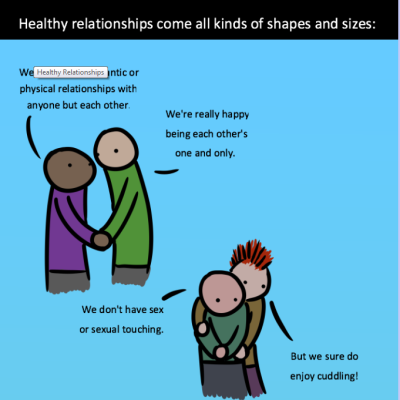Sexuality
मर्दानगी के निर्माण में शर्मिंदगी की भूमिका, और नायक के खुद के विकास के लिए आत्मविश्वास और क्षमता पर इसका प्रभाव, विशेष रूप से उनके प्रारंभिक वर्षों में, खूबसूरती से सामने लाया गया है।
Fragile and fleeting like soap bubbles, pleasure shines with many colours. But its iridescence is frightening for many. Perhaps because its colours change in unpredictable and uncontrollable ways, and though fragile and fleeting, it is a world in itself
इसलिए, तुम्हारे आज के स्वः या अवतार के रूप में, मैं तुम्हें अपनी क्षमताओं में विश्वास रखने के लिए प्रोत्साहित करती हूँ, अपने सपनों पर केंद्रित रहना, एक स्वाभाविक मूल्य प्रणाली विकसित करना जो हठधर्मिता से मुक्त हो, हमेशा जिज्ञासु बनी रहना और निरंतर सीखने की अपनी इच्छा का पोषण करना, और अपना जीवन स्वतंत्र रूप से और पूरी तरह से जीना।
Someone called me a policy animal a few years back and I grudgingly agreed that indeed I’m one of those people who does get excited by the idea of influencing policy negotiations and policymaking
Ritambhara Mehta is with Nazariya, a Delhi-based queer feminist resource group. Nazariya works on issues of gender and sexuality with a focus on issues of queer women and trans* persons.
Pleasure, in the context of the private, defines the parlance of sexual satisfaction. As a womxn, the private is also the public: how I present and play with my gender, is a way of seeking validation of who I am.
As shocking as his request for a nude was, what confused me even more was why would he want nudes from me, a woman who hated her body? Would he appreciate these saggy breasts with their stretch marks? My ever growing thighs and my belly which has body hair on it, wouldn’t he think I’m ugly?
Saying yes to pleasure is as important as saying no to danger. To focus only on danger and keep it separate from pleasure leads to half-knowledge.
Lawrence may have given Elena a world and a voice. But it was she who chose to delve into the unknown world of sexuality. It was she who chose to see the beauty and the richness of pleasure within communities of sex workers, soldiers, the elite, all alike. She alone chose to discern as well as reconcile love, as we commonly seem to know it, with a life in which she is capable of many loves.
It was so wonderful when I got sexual pleasure from someone I loved, someone I had fun with, someone I trusted, and someone whom I liked as a person!
Just as there are diverse ways of expressing and experiencing one’s sexuality, pleasure, too, is experienced in multiple forms and through multiple practices in each relationship.
You see, you are being pushed and pulled in all directions because people around you, whether family, friends or the larger society, expect you to behave in a particular fashion and stick to existing norms. However, your inner voice is telling you to challenge these norms and follow your own path.
For I was a woman / Taught to chain herself gracefully / In an invisible cage.
We need to disturb the institutionalised infrastructure and skew power dynamics even when it comes to something as complex as pleasure. Being aware of our language and the practices of our sexuality and denuding them of socially imbibed constructions will open up a safe space for discussing the diversity of our sexual behaviour.














